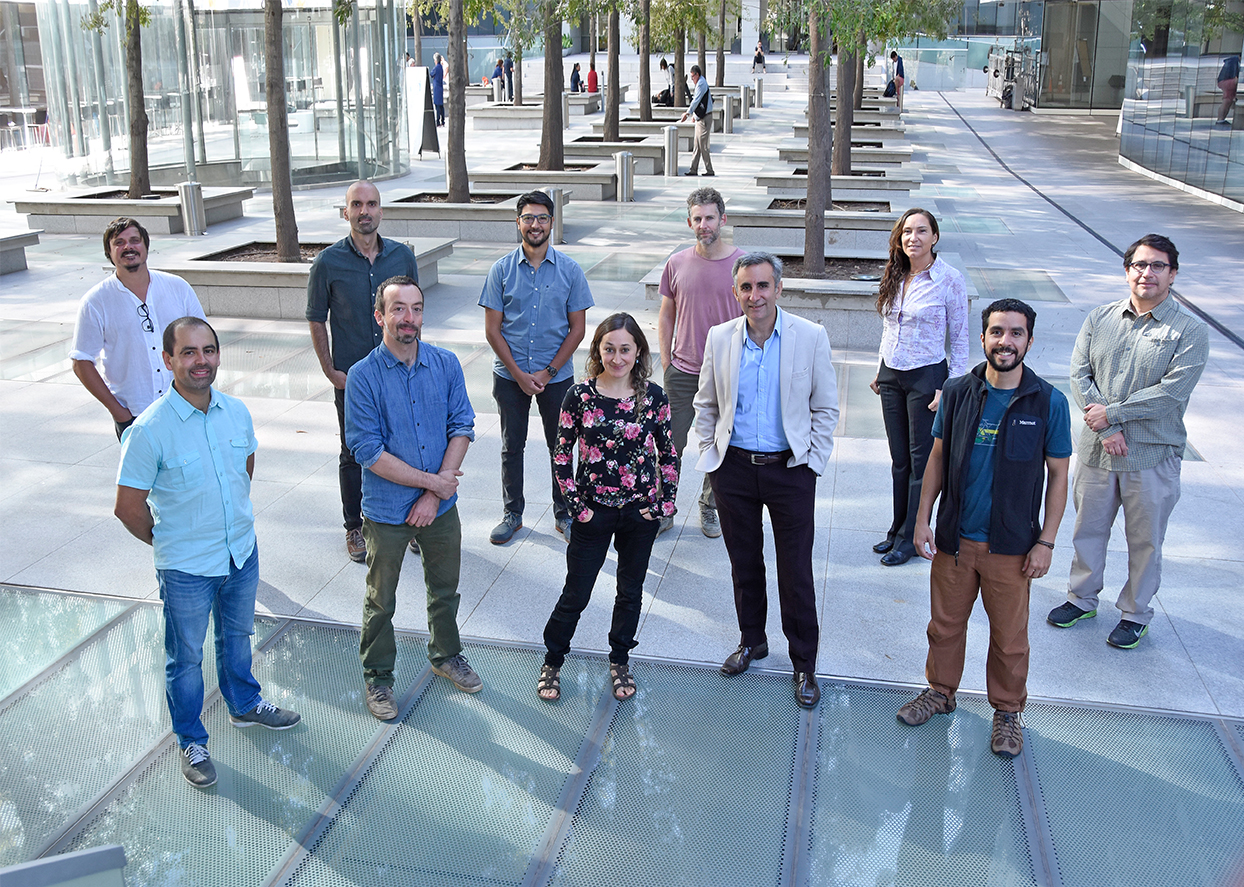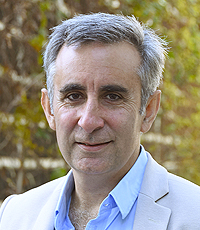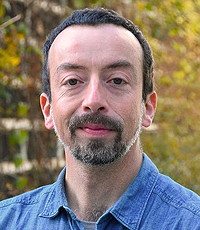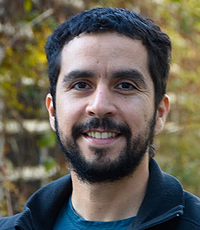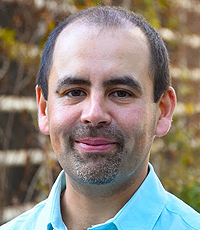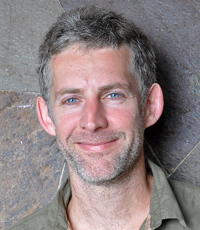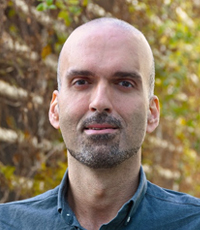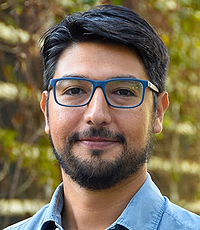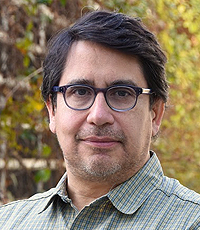Extreme events have disproportionate effects on natural-human systems, and there is a generalized perception that there is an increase in their occurrence and impacts across our country. Recent events include central and southern Chile’s mega-drought (2010-2016), the worst-ever recorded harmful algal bloom in Patagonia, the unprecedented fire season of 2017, and major flooding and landslides in north-central Chile (2015 and 2017).
Quantifying, understanding and projecting the occurrence of climate extremes is extremely relevant, especially given the disproportionate effects of extreme events on natural versus altered systems. Increases in population and expansion in territorial use can only increase our exposure to extreme events, and there is an urgent need to study and support communities in moving from vulnerability towards resilience.
In order to advance this line of research, it is imperative to quantify the role of natural variability and the variations from extreme events, based on historical data and paleo-reconstruction. In parallel, we seek to attribute the apparent increase in the occurrence of selected extreme events over past decades to anthropogenic climate forcing, using state-of-the-art techniques. Lastly, we aim to estimate potential changes in frequency, intensity and duration of selected extreme events through the 21st century.
The social scientists in our group will work towards understanding the ways in which society, from local communities to national authorities, is adapting to changes in extreme events, through research focused on current practices, their usefulness, the barriers to implementation, and the opportunities for improvement.


